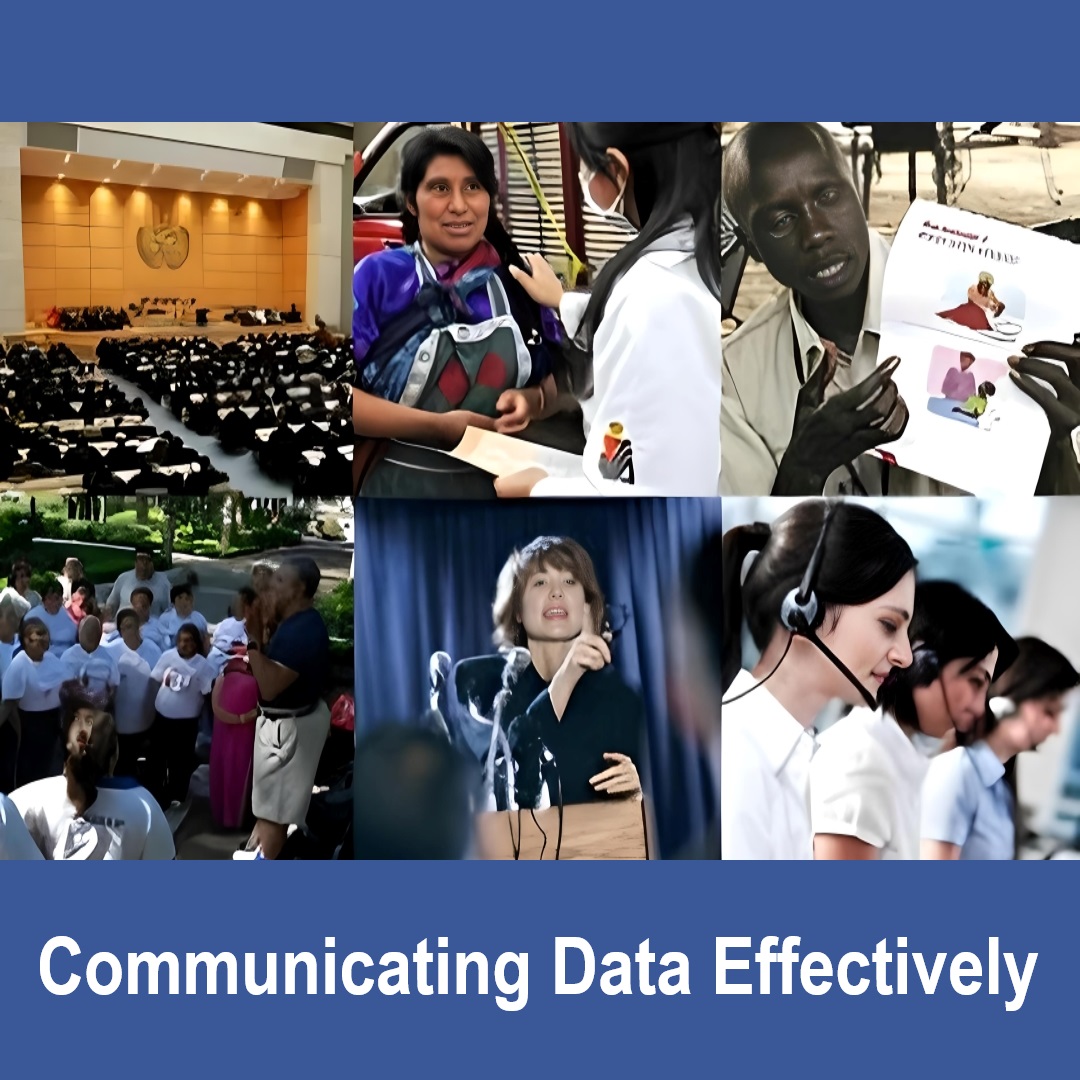Communicating Data Effectively (Open Educational Resource)

This course has ended.
PURPOSE:
This course builds on the basic concepts of communication, outlined briefly in the SUR1: Introduction to Surveillance course. Learning materials focus on the central elements of communication, the ethical principles and approaches in relation to it and offer suggestions for communicating surveillance data effectively – one of the essential steps of the surveillance cycle. Learners will explore a range of communication strategies and ways of working that will ensure your data triggers appropriate action and impact.
OBJECTIVES:
Upon completion of this course, learners will be able to:
- Identify the central elements of communication and their use in public health;
- Understand the important considerations when communicating risk to the public;
- Identify an ethical approach to the release or communication of sensitive health data;
- Identify key factors for communicating public health data in a manner that will be understood by the audience;
- Describe the general components of a scientific article or report;
- Discuss the role of a health professional when working with mass media;
- Identify main considerations for writing press releases;
- Choose appropriate uses for figures when presenting public health related data;
- Analyze the need for using a table as a preferred figure when presenting public health data;
- Understand appropriate uses for graphs when presenting public health data;
- Identify when appropriate to use maps for presenting public health data.
TOPICS:
- Lesson 1: Overview of Communication
- Lesson 2: Communicating Health Data Clearly
- Lesson 3: Introduction to Data Presentation - Scientific Articles and Reports
- Lesson 4: Introduction to Data Presentation - Using Figures
- Lesson 5: Guidelines for Tables as Figures
- Lesson 6: Guidelines for Graphs and Maps as Figures
TARGET AUDIENCE:
Public health practitioners in the English-speaking Caribbean, including public health nurses, environmental public health professionals, health promoters, program managers, dental health practitioners, dietitians, policy analysts, public health veterinarians and other public health practitioners.
-----
By visiting the Virtual Campus, you can get information of call for applications for new courses.
The Virtual Campus also offers free Self-learning courses that you can complete at your own pace.
Follow us on Facebook: www.facebook.com/campusvirtualsp and Twitter: @campusvirtualsp
